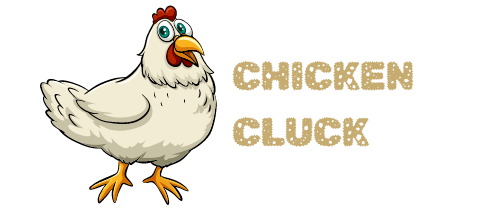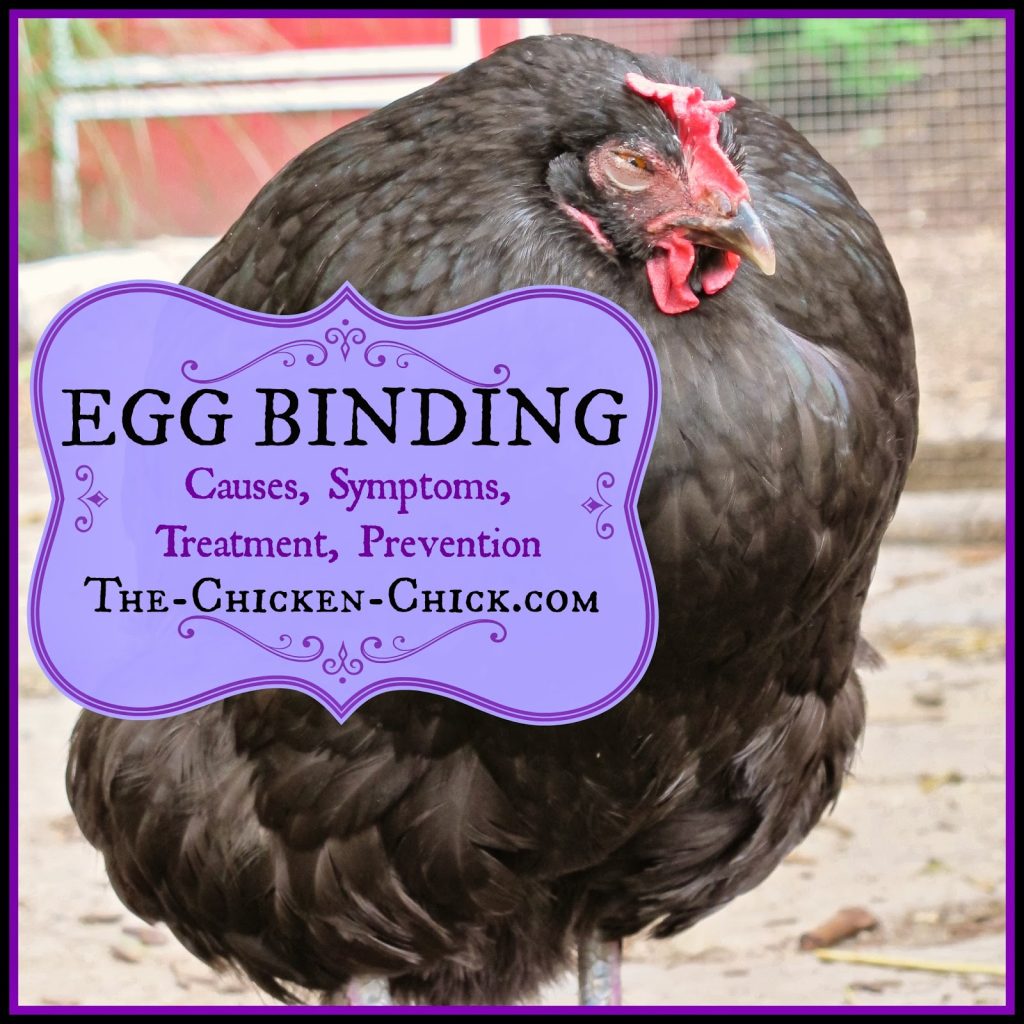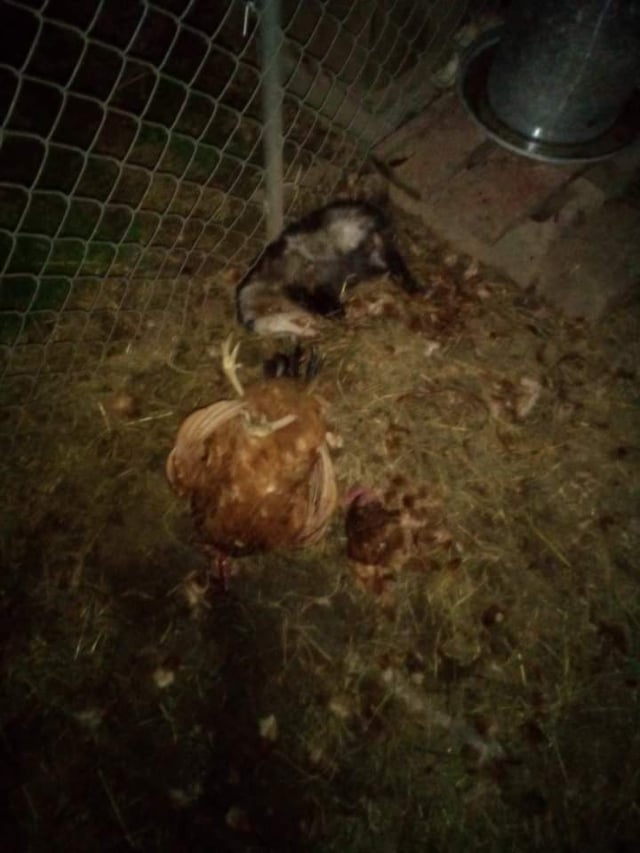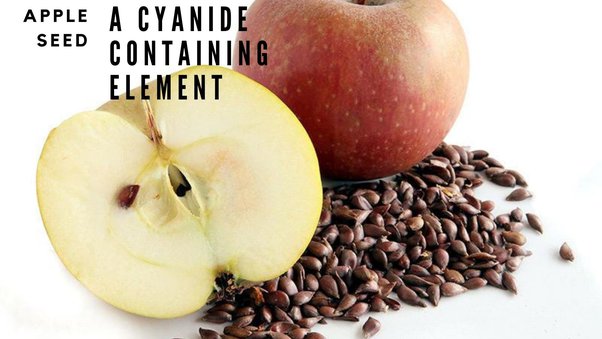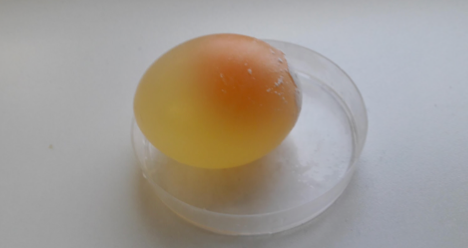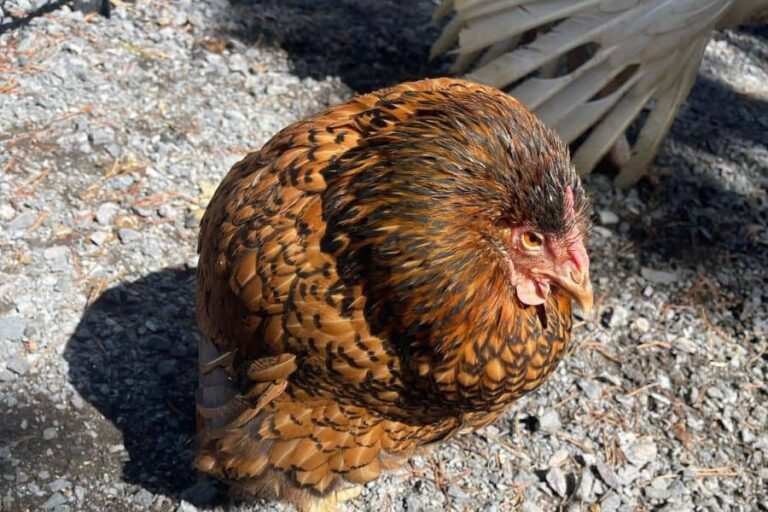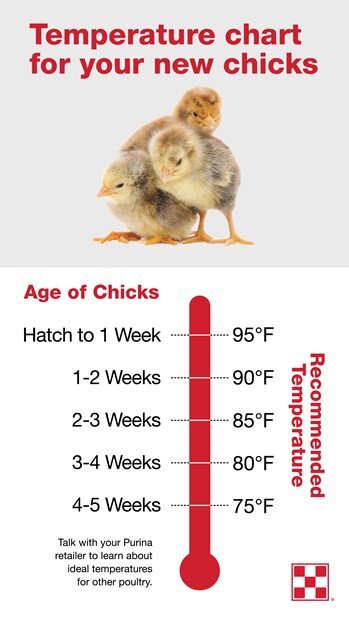A hen might be egg-bound if she shows signs of distress or spends an extended time in the nesting box. Physical symptoms include a swollen abdomen or a protruding vent.
Keeping backyard chickens has become a widespread hobby, with enthusiasts keen on ensuring the health and well-being of their feathered friends. A common concern among poultry keepers is the condition known as egg binding, where a hen is unable to lay her egg.
Recognizing the symptoms early can be crucial for prompt treatment and recovery. Timely intervention not only saves the hen from severe discomfort or potential fatality but also maintains the productivity and harmony within the coop. Understanding this condition is essential for anyone involved in the care of laying hens, and this introduction serves to provide the necessary insights for quick and effective identification and action.
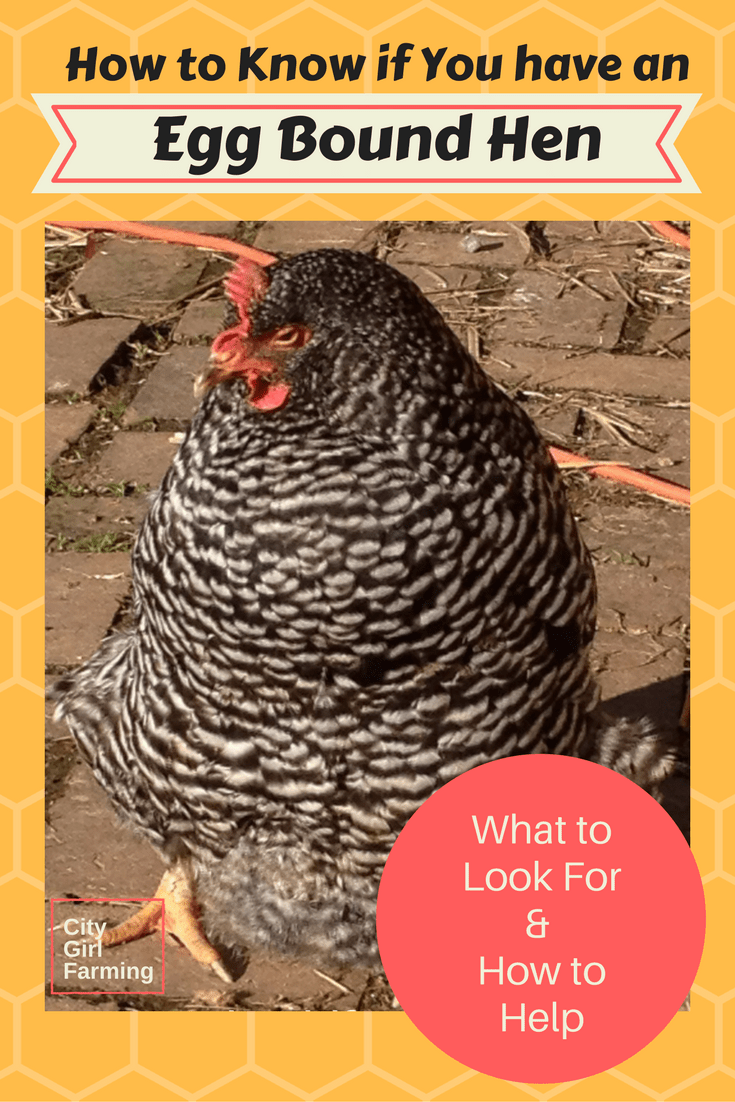
Credit: citygirlfarming.com
The Perils Of Egg Binding
Egg binding is a serious condition that can threaten a hen’s health. It occurs when a hen cannot pass an egg naturally. Recognizing the signs is crucial for timely intervention. Let’s delve into what egg binding is and why it happens.
What Is Egg Binding?
Egg binding refers to the situation where a hen fails to lay her egg. This issue can lead to discomfort, illness, and even death if not addressed quickly. Identifying the symptoms early on gives your hen the best chance at recovery.
Look for these signs:
- Swollen vent: The area near the egg exit swells.
- Lethargy: The hen appears tired and weak.
- Appetite loss: She eats less than usual.
- Abnormal posture: She may sit like a penguin.
Why Hens Become Egg Bound
| Cause | Explanation |
|---|---|
| Nutrition | Poor diet can lead to weak muscles, impacting egg laying. |
| Age | Young and old hens are more prone to this condition. |
| Size of Egg | Large eggs are harder for hens to lay, causing binding. |
| Health Issues | Respiratory problems or infections can cause binding. |
To prevent egg binding, ensure your hen has a balanced diet with plenty of calcium. Always provide adequate nesting space. Stay vigilant for early signs and consult a vet if you suspect your hen is egg bound.
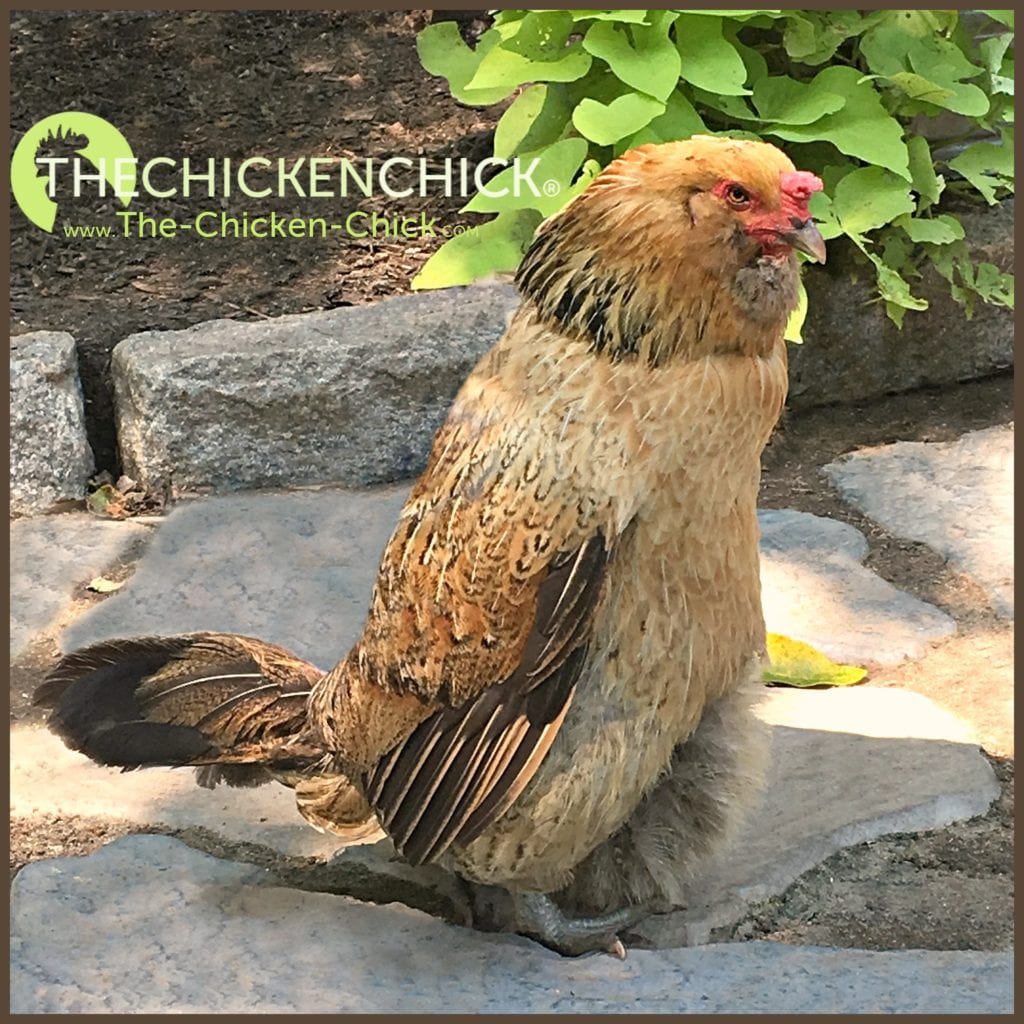
Credit: the-chicken-chick.com
Recognizing The Signs
Chickens are robust creatures, yet sometimes they encounter issues like being egg bound. Recognizing the signs early can ensure swift action and care.
Physical Symptoms To Observe
Spotting an egg-bound hen is crucial for their health. Look for these clear physical signs:
- Swollen vent area: A bulge near the vent could indicate an egg is stuck.
- Disheveled appearance: Feathers around the rear may seem ruffled or messy.
- Visible discomfort: The hen might walk like a penguin or remain still.
- Frequent visits to the nest box: With no egg laid, this is a common sign.
Behavioral Changes In Egg Bound Hens
Behavioral cues are as telling as physical symptoms. Watch for these alarming changes:
| Behavior | Description |
|---|---|
| Lethargy | Hen is less active, possibly fatigued. |
| Decreased Appetite | Avoiding food, lacking usual hunger. |
| Agitation | Showing signs of distress or irritability. |
| Isolation | Staying away from the flock, seeking solitude. |
Risk Factors For Egg Binding
Egg binding occurs when a hen is unable to pass an egg. This condition can lead to health issues. Understanding the risk factors can help prevent egg binding. Let us explore some key factors
Hen’s Age And Egg Binding
Young and older hens are more likely to experience egg binding. Young hens, or pullets, may face this issue as their reproductive systems are still maturing. Similarly, older hens often have a decline in muscular strength, making it more challenging for them to lay eggs. These age-related risks point to the importance of close monitoring of hens at the beginning and end of their laying cycles.
Dietary Influences On Egg Binding
The right diet plays a crucial role in preventing egg binding. Hen’s feed should be rich in calcium and magnesium, as these minerals are vital for eggshell formation and muscle contractions. A deficiency can lead to weaker eggshells and impaired ability to lay eggs. Offering a balanced diet that includes layers pellets, and calcium supplements such as oyster shell, ensures your hens have the nutrients they need to stay healthy and lay eggs effectively.
Other dietary factors include:
- Vitamin D3 for calcium absorption
- Proper hydration to prevent egg binding
- Fiber helps food move through the hen’s system

Credit: www.reddit.com
Preventing Egg Binding
Preventing egg binding in hens is essential for their health and productivity. Understanding how to prevent this condition is as important as recognizing its symptoms. By providing optimal nutrition and tailoring the environment to your hen’s needs, you can significantly reduce the risk of egg binding.
Optimal Nutrition For Hen Health
A diet rich in calcium and vitamins helps prevent egg binding. Hens need a balanced feed with the right nutrients. Offer a high-quality layer feed that contains:
- Calcium: For strong eggshells
- Protein: To support egg production
- Vitamins A, D, and E: For overall health
Consider adding a calcium supplement, like oyster shells, to their diet. Fresh greens and small amounts of fruits can also contribute to their nutrient intake.
Environmental Modifications
Create a stress-free environment for your hens to help prevent egg binding. Key adjustments include:
| Aspect | Action |
|---|---|
| Nesting boxes | Keep them clean, private, and comfortable |
| Space | Provide ample room for movement and exercise |
| Light | Ensure 14-16 hours of light daily to support laying cycles |
Addressing these areas helps hens feel secure and maintains regular laying patterns, warding off potential cases of egg binding.
First Response
Noticing your hen may be egg bound can be alarming. A hen that is struggling to lay can show signs of distress, such as pacing, a swollen vent, or lethargy. Quick response can save your hen’s life. Knowing the right actions to take is crucial for her well-being.
Initial Home Remedies
Egg binding requires prompt, gentle home treatments. Start by isolating the affected hen in a warm, quiet environment to reduce stress.
- Warm Bath: A 15-minute soak can help relax muscles.
- Calcium Boost: Provide a calcium supplement to strengthen contractions.
- Massage: Gently rub the hen’s lower abdomen to encourage laying.
Keep her hydrated and watch for any progress. The goal is to help her pass the egg naturally without causing harm or stress.
When To Consult A Veterinarian
If home remedies do not yield results within a few hours, it’s time to seek professional help. Symptoms worsening is a clear sign to consult a vet:
| Symptom | Action |
|---|---|
| Lethargy | Contact vet immediately |
| No Egg within Hours | Schedule a vet visit |
| Swollen Abdomen | Get veterinary care |
A professional will have the skills to safely assist your hen. They may use lubrication, medication, or in severe cases, surgery. Don’t wait too long as egg binding can be life-threatening.
Professional Intervention
Professional Intervention is crucial when a hen displays signs of egg binding. Recognizing these signs early and seeking qualified vet care can save your hen’s life. In this section, we’ll discuss the importance of veterinary diagnostics and treatment options for an egg-bound hen.
Veterinary Diagnostics For Egg Binding
Veterinarians use various tools to determine if a hen is egg-bound. A thorough physical exam is the first step.
- Physical Examination: The vet checks the hen’s overall health and looks for a noticeable bulge.
- Palpation: Gently feeling the hen’s abdomen can help locate an egg.
- X-rays: These images reveal the egg’s position inside the hen.
- Ultrasound: This can provide another view to confirm egg binding.
Blood tests may also be performed to check the hen’s health.
Treatment Options
Once egg binding is confirmed, prompt treatment starts. Here are common interventions:
- Calcium Injections: These help strengthen muscle contractions to push the egg out.
- Fluid Therapy: Hydration can ease the egg’s passage.
- Lubrication: Vets may apply lubricant to the vent to help the egg slide out.
- Manual Egg Removal: In critical cases, a vet will carefully extract the egg.
- Surgery: If other treatments fail, surgery might be needed to remove the egg.
Follow-up care is essential to ensure the hen’s recovery and prevent future episodes of egg binding.
Long-term Management
Successful treatment of an egg-bound hen brings relief, but your work’s not done yet. Long-term management ensures the health and happiness of your feathered friend. Proper aftercare turns a critical situation into a manageable one. It’s time to focus on prevention and observation, to keep your hen thriving.
Monitoring After Treatment
Once your hen has overcome being egg-bound, close monitoring becomes essential. Keep an eye on her behavior daily. Signs she’s returning to her healthy self include:
- Normal eating and drinking habits
- Regular laying patterns
- Active engagement with her environment
Maintain a log to track her progress. This simple practice could be vital if issues recur.
Adjusting Care For Recurrence Prevention
Prevention plays a key role in the long-term well-being of your hen. Here are critical areas to address:
| Aspect | Adjustment |
|---|---|
| Diet | Ensure a calcium-rich diet with proper nutrition. |
| Exercise | Encourage regular movement and foraging. |
| Nesting Space | Provide a comfortable, stress-free nesting area. |
Additionally, tailor the environment to encourage optimal hen health. Ample space, clean surroundings, and a stress-minimized atmosphere contribute to preventing egg binding from happening again.
Understanding The Bigger Picture
Understanding the Bigger Picture is critical when dealing with hen welfare, particularly in assessing egg binding conditions. Recognizing the signs not only benefits the individual bird but reflects on overall flock health and management practices. It is about seeing beyond the isolated case to how it can affect the group and sustainability efforts in poultry keeping.
Implications Of Egg Binding On Flock Management
Egg binding in hens can hint at underlying issues that need immediate attention in your flock. Knowing the implications is vital for proactive management:
- Health Surveillance: Regular monitoring can prevent escalated health concerns.
- Dietary Adjustments: Providing calcium supplements might be necessary to support eggshell formation.
- Environmental Stress Reduction: Minimizing stressors ensures hens lay eggs normally.
Contributions To Sustainable Poultry Keeping
Egg binding not only affects hen health but sustainability practices. Here’s how recognizing and addressing it contributes:
- Waste Reduction: Healthy hens mean fewer eggs wasted due to egg binding complications.
- Resource Efficiency: Proper management leads to efficient use of feed and space.
- Breed Preservation: Ensuring the health of your birds helps maintain diverse breeds.
Conclusion
Recognizing the signs of an egg-bound hen is crucial for their health and well-being. Your alertness can lead to prompt action, potentially saving your hen’s life. Ensure regular checks for symptoms and consult a vet if you’re uncertain. By staying informed, you’ll keep your feathered friends happy and healthy.
